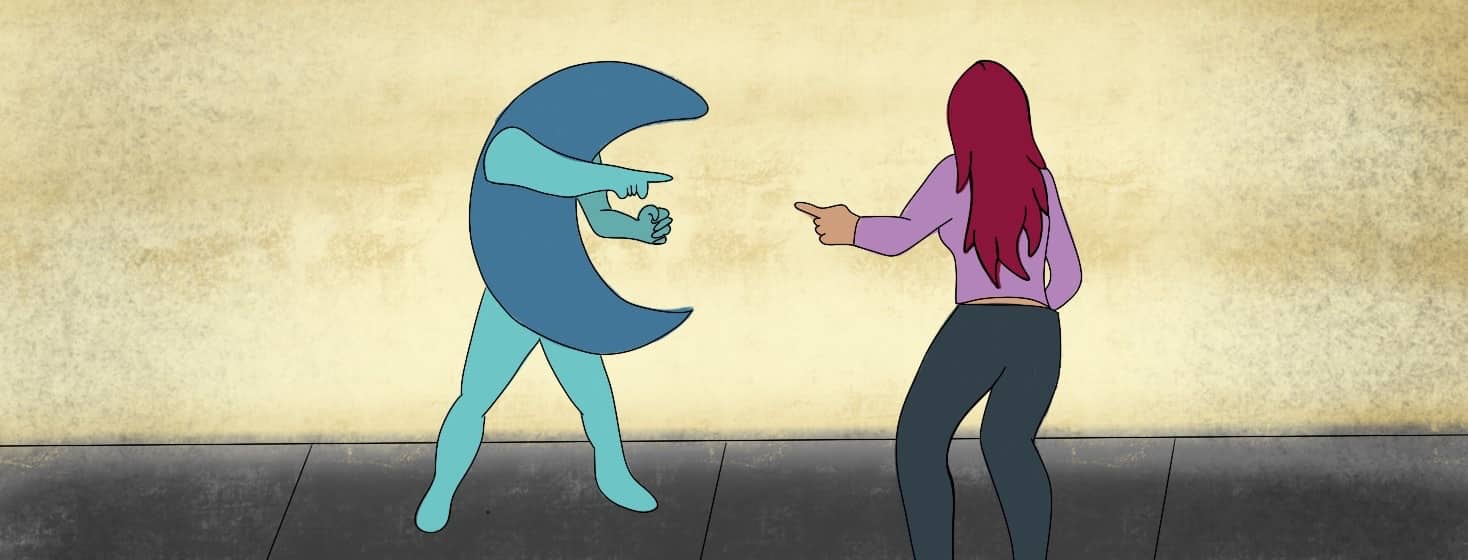Blame My Narcolepsy, NOT ME!
Living with narcolepsy can be very difficult. Depending on symptom severity and the effectiveness of the treatment plans in place, the experience of narcolepsy can affect every part of the lives of the people living with the condition.
There are obvious struggles that people with narcolepsy face every day. Even so, people without narcolepsy tend to doubt the validity of these limitations.
Narcolepsy is a neurological disorder, not a character flaw
I can’t count the number of times I’ve had to cancel plans or take a break from or leave an event early because of my narcolepsy. These behaviors can come across as offensive to many people; new friends or lovers especially can take these behaviors the wrong way, seeing the cancellation as proof of my avoidance or disinterest.
This happens quite often for me. Being chronically misunderstood can twist my own perception of reality. It becomes easier for me to focus on the ways that I am not measuring up in other peoples’ minds. However, when I focus on my limitations, I feel helpless!
Celebrate the wins rather than focusing on the losses
Instead of focusing on how narcolepsy limits me, it can be helpful to focus on living around the condition and taking any amount of living as a win. It sounds a lot easier than it actually is.
To me, this might mean going to an event but only staying for 20 minutes. Instead of berating myself over the amount of time that I was there, instead, I try to reframe my focus on the fact that I made it to the event at all.
Even family members and very close friends can misunderstand us
Recently, I listened to a person with narcolepsy talk about the experience of learning that their father thought they were just "lazy" and not "trying hard enough" to work a full-time job and live a "normal" life. They were hurt that their father couldn’t see how hard they were trying to live life with narcolepsy.
These kinds of misunderstandings are even more painful when they come from someone you love! It is important to remember in these moments that people often project their own insecurities and subconscious assumptions onto us. That doesn’t mean they are true.
Communicating needs and misunderstandings in relationships
One way I might address misunderstandings about my condition is through verbal or written communication.
Writing a letter can be easier than voicing these concerns in person. If the person is open to healthy communication and connection, they will try to meet me halfway.
If they disregard my needs or refuse to connect, this might be a sign that the relationship has reached its end or "expiry date." In this case, it would be a sign that it’s time for me to let go.
Finding support and community is important
I can’t control what people think of me. However, I can control what I think of myself.
As a person with narcolepsy, I have experienced my fair share of relationships ending due to my condition, one way or another. While I have lost people that don’t understand me, I have also gained people that do.
It’s important to find a community that understands you and your condition. I have personally found this in narcolepsy support groups. However, support can be found in the most unexpected of places.
Have you faced misunderstandings about your narcolepsy in relationships with friends, family, or significant others? Share a story with us by clicking the button below.

Join the conversation